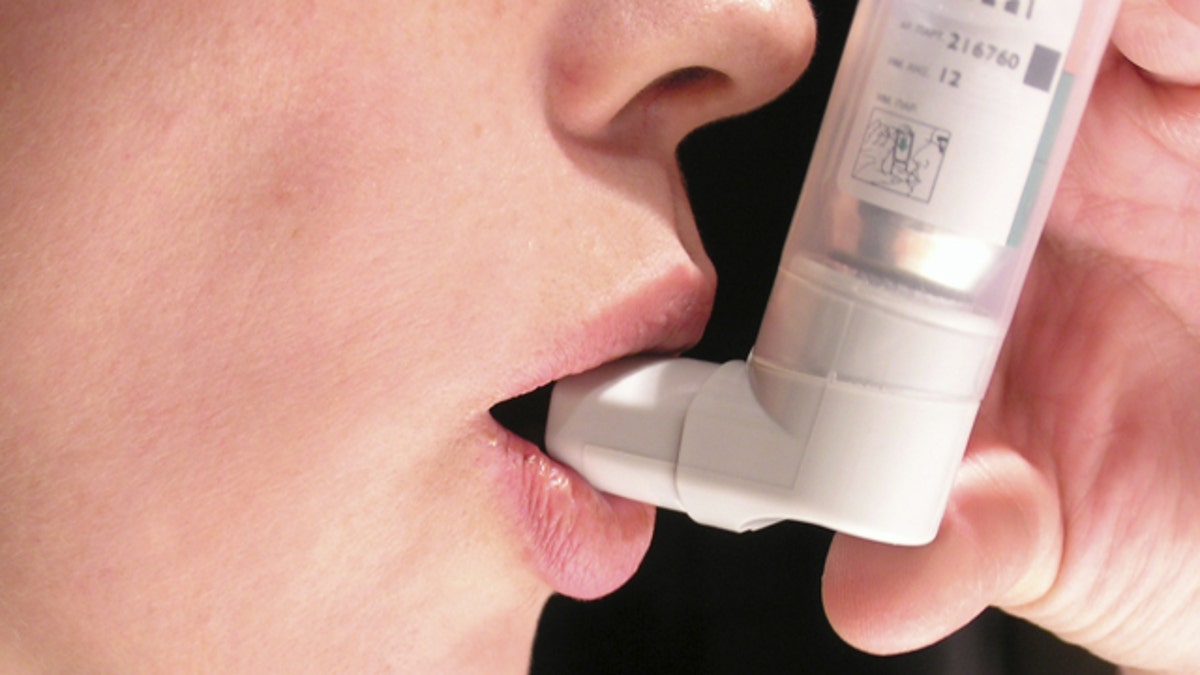
Babies who are treated with antibiotics before they are six months old are at a significantly increased risk of developing asthma, according to scientists at Yale University.
The study, due to be published in the American Journal of Epidemiology next week, followed a large cohort of women throughout their pregnancies and studied 1,400 children until their sixth birthday.
The researchers found that infants treated with a single course of treatment were 40 percent more likely to develop childhood asthma and allergies, while the danger increased to 70 percent for those babies who were treated with two courses of antibiotics to beat infections.
Previous studies found that antibiotic use might increase the risk of asthma in children but were possibly biased because antibiotics are used to treat respiratory tract infections that could themselves be early symptoms of asthma.
The latest investigation sought to eliminate this bias and concluded that children who did not experience respiratory tract infections were at increased risk of childhood asthma from antibiotic use.
The new research also included children whose parents had no history of asthma, to rule out the idea that children could be genetically pre-disposed to asthma.
The researchers said that antibiotic use, especially broad-spectrum antibiotics, might alter protective microbial flora in the gut, causing imbalances in the immune system that ward off illness in the first few months of life.
“The findings from our study should encourage physicians to avoid unnecessary antibiotic use, especially in low-risk children,” said research leader Dr. Kari Risnes.
